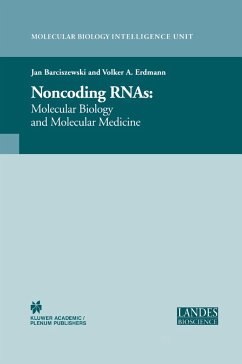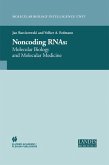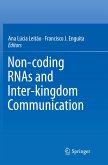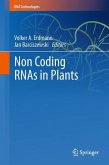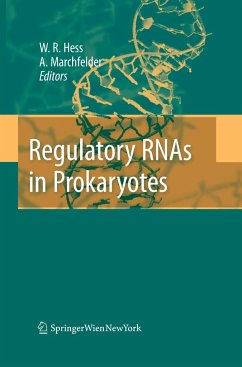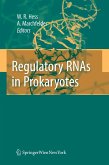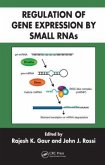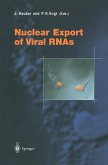General inspection of a role performed in the cell by RNAs allows us to distinguish three major groups of transcripts: I. protein-coding mRNAs, II. non-coding housekeeping and III. regulatory RNAs.
The housekeeping RNAs include RNA classes that are generally, constitutively expressed and whose presence is required for normal function and viability of the cells. On the other hand, a group of regulatory RNAs includes RNA species that are expressed at certain stages of organism development or cell differentiation or as a response to external stimuli and can affect expression of other genes on the levels of transcription or translation.
Non-coding RNA transcripts form a heterogeneous class of RNAs that can not be characterized by a single specific function. Initially, the term non-coding RNA (ncRNA) was used primarily to describe polyadenylated and a capped eukaryotic RNAs transcribed by RNA polymerase II, but lacking long open reading frames. Now, this definitioncan be extended to cover all RNA transcripts that do not show protein-coding capacity and is sometimes used to describe any RNA that does not encode protein, including introns.
This book is an in-depth look at the function of Non-Coding RNAs and their relationship to Molecular Biology and Molecular Biology.
The housekeeping RNAs include RNA classes that are generally, constitutively expressed and whose presence is required for normal function and viability of the cells. On the other hand, a group of regulatory RNAs includes RNA species that are expressed at certain stages of organism development or cell differentiation or as a response to external stimuli and can affect expression of other genes on the levels of transcription or translation.
Non-coding RNA transcripts form a heterogeneous class of RNAs that can not be characterized by a single specific function. Initially, the term non-coding RNA (ncRNA) was used primarily to describe polyadenylated and a capped eukaryotic RNAs transcribed by RNA polymerase II, but lacking long open reading frames. Now, this definitioncan be extended to cover all RNA transcripts that do not show protein-coding capacity and is sometimes used to describe any RNA that does not encode protein, including introns.
This book is an in-depth look at the function of Non-Coding RNAs and their relationship to Molecular Biology and Molecular Biology.

